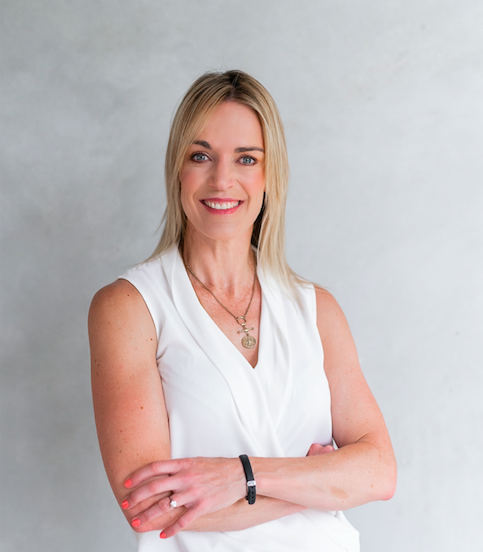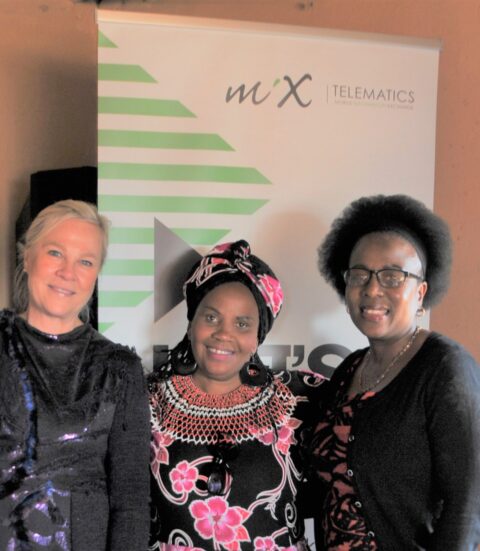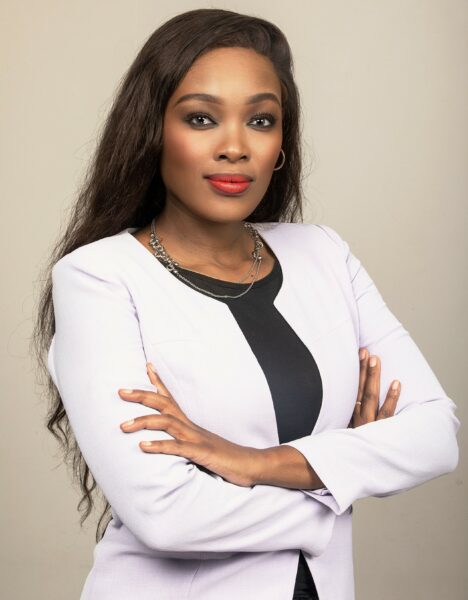Financial Mail Women
Working In An Unequal World
It was back in 1985 when Aretha Franklin and Annie Lennox belted out their iconic anthem “Sisters are doing it for themselves”.
In a country that remains the world’s most unequal and where the light at the end of the tunnel is seldom more than a flicker, South Africa’s sisters may well feel they’re on their own and that only they can change their fortunes.
The World Bank again recently ranked South Africa first in the world on its global poverty database, based on Gini coefficients of consumption (or income) per capita.
Expanding access to finance and eradicating the grinding cycle of the millions of South Africans born into poverty with no way out – the World Bank says – is at the heart of inequality in South Africa.
“Factors associated with where people are born and grow up have a relatively larger effect on their life chances than their gender,” the World Bank’s recent inequality report says.
There is absolutely no doubt, however, just how unfairly women are treated in the South African workplace, especially so at companies’ upper echelons. Recent data indicates that of the top 40 JSE-listed companies, only four have female CEOs.
The financial sector is one of those that has been most resistant to change and to the promotion of women in top leadership positions. Only around 11 per cent of South African fund managers are women, according to global investment researcher, Morningstar Investment Management.
“It has been widely published that the representation of female-run funds, financial advisors and investment teams over the past decade has been relatively consistent in that women continue to be under-represented. This is, of course, a serious issue that deserves attention and we need to work harder to continue to attract women to the financial industry,” says Victoria Reuvers, managing director of Morningstar Investment Management SA.
While it might be known for being male-dominant, Reuvers says the women in the financial industry are proud to support and empower each other. She adds that there are several Women in Finance groups that aim to facilitate growth, partnership and collaboration between women in the industry.
There certainly is no shortage of evidence of the importance and value of greater gender parity, more so for a company’s bottom line.
The World Economic Forum estimates that economic gender parity could increase GDP by $5.3-trillion by 2025, while worldwide research by PwC says that companies that value and invest in the development of female talent are 45 per cent more likely to report improved market share.
While it’s tough at the top for women in finance, it’s becoming increasingly difficult to attract young women to choose the industry as a career too.
“Improving diversity will take time. We need to start paying more attention to the industry’s graduate recruitment, and the perception of the financial industry. Firms need to look at how they can support the recruitment and retention of more women; the number of applications for junior roles remains low,” says Reuvers.
Ensuring inclusivity
Ensuring diversity, equity and inclusion in its large workplace of over 50 000 employees is something Transnet chief executive officer Portia Derby says the rail, port and pipeline parastatal is working extremely hard to inculcate into its mission and purpose, while driving out implicit bias at a systemic level.
“Bias is often more times than not unconscious. The real task is to ensure that we all challenge our own internal biases, especially when new information is presented. Representation, at its very core, is about recognising each other’s humanity. As a transitional generation where the importance of representation has become almost mandatory for any business to truly realise future value, we, at Transnet, have also had to look at assessing whether – given South Africa’s context – all who live here are equally represented,” Derby adds.
She says that while Transnet’s diversity challenges may not be what is typically experienced in businesses today, the company is ensuring serious changes in the representation of minority groups in the leadership structures. “We have made great strides in making changes not only at management level, but also in the recruitment and enablement of women in operational functions previously occupied by men. Considering this, inclusion requires enablement for it to truly succeed and be sustainable; and that begins with how we ensure language inclusion is taken seriously across the organisation. Language inclusivity diminishes bias, especially in the westernised ideals of intelligence, that can exclude people from participating meaningfully in the success of the business and advancing their careers,” says Derby.
The importance of recognising the country’s official languages and the simple process of ensuring Transnet translates its messages or standard operating procedures (SOPs) into the languages everyone in the company is comfortable with, has already begun.
“In building language inclusivity, we create a comfort in people being able to find allies to support their growth and understanding of the Transnet business so they can grow in it. This is how we ensure the sustainability of diversity and inclusion, not only at the top level of management, but through every aspect of our operations. Embedding this in our operations through our communications structures ensures that this commitment to inclusivity is embedded and understood by all our employees,” says Derby.
Building confidence
Former Airports Company of South Africa (ACSA) chief operations officer Fundi Sithebe is a business leader who has constantly sought to challenge the status quo and ensure greater diversity, equality and inclusion in her business career.
After leaving her role managing the country’s major airports, she has taken on the challenge of leading a male-dominated industry and bringing her business acumen, energy and ideas to the sport of horseracing, as she seeks to steer the fortunes of the country’s biggest horseracing operator as CEO of 4Racing.
“Every single career decision I’ve made is to challenge and test the status quo and show that women can be capable of successfully running organisations. I also want to make it easier for the next generation of black females in business to succeed. We must instil and cultivate a culture of confidence in all the upcoming young women with great business leadership ambitions. Women are as equally, if not more capable of becoming astute and successful businesswomen based on their education, aptitude skills, smarts and expertise,” says Sithebe.
Ensuring transformation and inclusion she believes should not be regarded as a government-mandated scorecard that companies must adhere to, but must be central to the way they drive their business and engage both their staff and customers.
“We must see transformation and diversity as a critical step in developing a quality racing product that can be appreciated and enjoyed by all spheres of society in South Africa. The power of diversity cannot be derived from simply hitting arbitrary targets. The true benefits only arise when each of us can truly empathise equally with all those we work with and all those who enter in and participate in the horseracing industry,” says Sithebe.
For Reuvers, it is important to “think more broadly about diversity and as such especially the diversity of thought.
“We often view diversity through a gender or race lens, but true diversity is an expression of different cultures, thoughts, energy and ideas,” says Reuvers.






 Sign-up and receive the Business Media MAGS newsletter OR SA Mining newsletter straight to your inbox.
Sign-up and receive the Business Media MAGS newsletter OR SA Mining newsletter straight to your inbox.